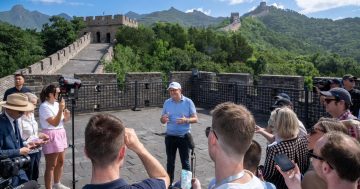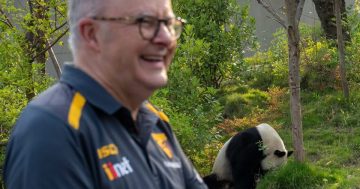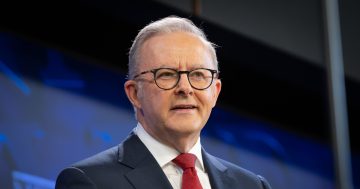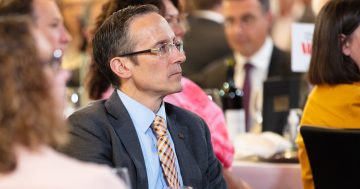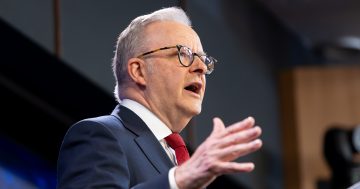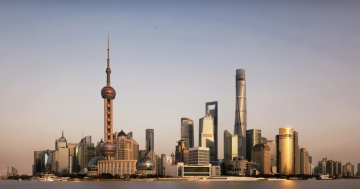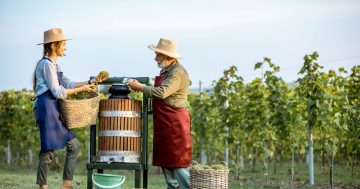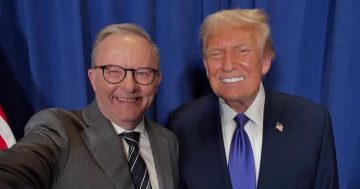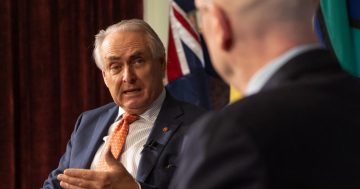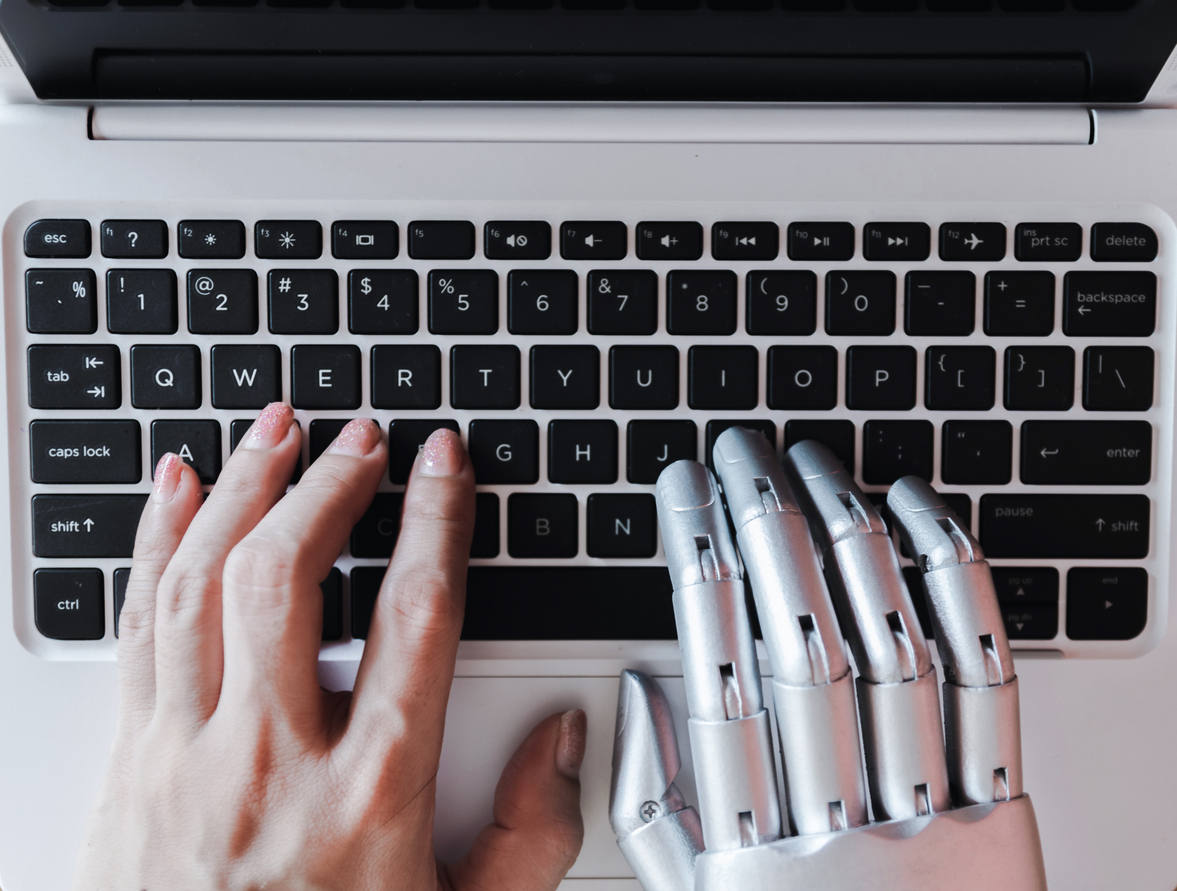
China wants to expand ChAFTA to include AI. Photo: sompong_tom.
China is offering to help boost Australia’s productivity by including artificial intelligence in an expanded trade deal, 10 years on from the implementation of the China Australia Free Trade Agreement.
ChAFTA, as it is called, entered into force on 20 December 2015 and as it approaches its 10th anniversary, Beijing is suggesting it might be time to beef it up and include AI and the digital economy.
It comes as Anthony Albanese is talking up the opportunities for Australia in embracing an AI future.
As the Prime Minister prepares to visit the Chinese capital this week and meet with President Xi Jinping, Beijing’s ambassador to Australia has flagged the idea of deepening economic ties between the two nations.
In an opinion piece written for the Australian Financial Review, Ambassador Xiao Qian floats the idea of entering a new phase of trade agreement that includes AI at its centre.
“At the 10th anniversary of the implementation of ChAFTA, we are willing to review the agreement with a more open attitude and higher standard, further consolidate co-operation in traditional areas such as agriculture and mining, and actively explore new growth areas in emerging fields like artificial intelligence, healthcare, green energy and the digital economy, elevating practical co-operation to new heights,” Mr Xiao wrote.
“At present, both China and Australia are faced with new economic development tasks.
“China is committed to advancing high-quality development, while Australia is devoted to enhancing productivity.
“We look forward to further strengthening co-operation between the two sides so as to bring more benefits to both countries and peoples.”
Speaking at a recent economic forum in Sydney, Mr Albanese talked up the opportunities of AI in boosting jobs and productivity in Australia (without any reference to China).
“In the years ahead, comparative advantage in manufacturing will not be defined by minimising the cost of labour,” the Prime Minster said.
“It will be secured by the most productive use of technology, by cutting transport costs and by cheaper, cleaner energy…
“And as a Labor Government, we are determined to create the right framework and make the right investments in skills and training to ensure artificial intelligence is a contributor, not a competitor.
“An enabler of secure and fulfilling jobs, not a threat to them.
“In all of this, our nation does not need to go looking overseas for an economic model to copy.
“There is nothing for us to gain from a race to the bottom on wages and conditions. Or the economic self-harm of tariffs. We want to do this the Australian way. Not talking Australia down.
“Holding true to our values of fairness, aspiration and opportunity for all.
“Investing in our people, their ability to adapt to new technology and to develop it and drawing out the potential of our whole country.
“Because building a more diversified economy is how we create a more decentralised one.”
Opposition Leader Sussan Ley warned against rushing into any AI trade agreement with anyone.
Following a “listening exercise” meeting with Chinese community leaders in NSW on Monday (7 July), Ms Ley was asked by the media whether Australia should be open to expanding the free trade agreement with China to include AI.
“Well, I wish the Prime Minister well in his upcoming trip to China and we want the relationship with China to be built on mutual respect,” she said.
“The people-to-people links that we talked about today underpin that, and they’re part of the incredible Chinese diaspora and character that is part of the Australian community today.
“With respect to artificial intelligence and new free trade agreements, we have to proceed with caution, understanding the implications that always come with issues that concern our national interest.”
The issue has arisen as Australia’s trade relationship with the United States is tested over impending tariffs US President Donald Trump is imposing on trading partners.
A 10 per cent tariff was imposed on most Australian goods but a 90-day pause was put in place on all tariffs the US had announced.
With that period coming to an end, the White House has sent mixed messages about when tariffs will actually kick in, with the best guess now being a 1 August start.
China is seeking to capitalise on the US erraticism and is reaching out to Australia to cement its trade ties.
Commentators have noted that the current visit to President Xi in China will be Mr Albanese’s second, while the PM is yet to meet with President Trump.
Original Article published by Chris Johnson on Region Canberra.


